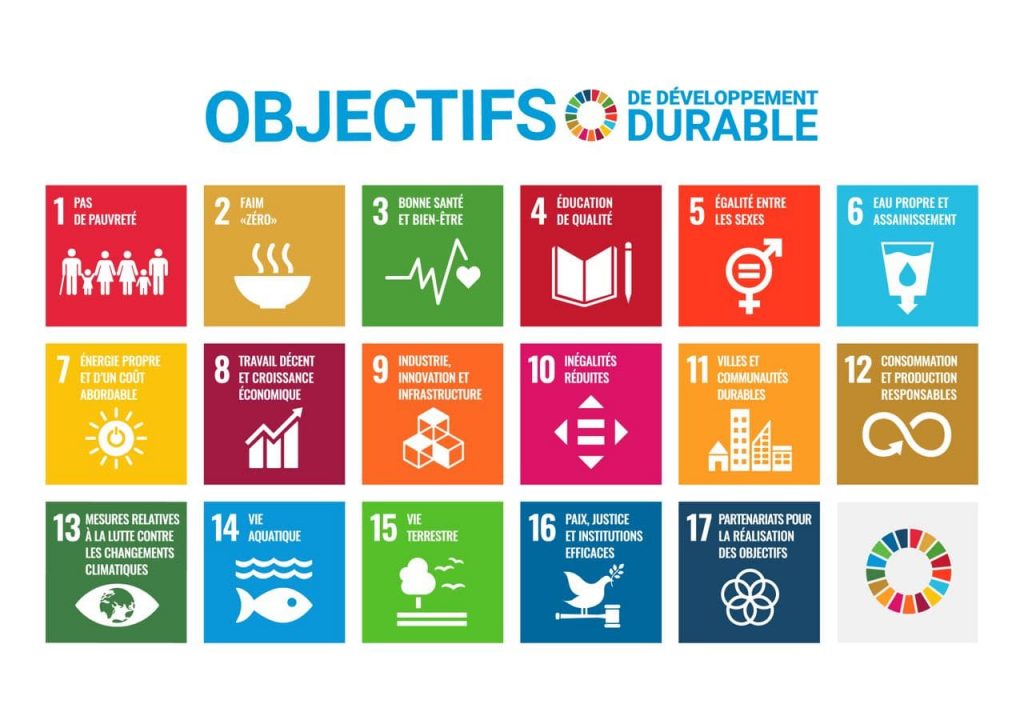The E3D project is part of a new phase in the ecological transition and education for sustainable development. ESD is a cross-disciplinary form of education that should enable pupils to take ownership of the issues involved in combating climate change and preserving biodiversity, in a scientific, educational and civic manner. It provides an understanding of the environmental, social, economic and civic dimensions of sustainable development. It is an important part of moral and civic education, and education for citizenship.
One of the priorities of the E3D programme is recycling, which takes several forms:
Paper recycling: partnership with EcoCycloPapel
Plastic recycling: partnership with “Tercer Paraíso”
Other actions are currently being studied to further boost our E3D process
Eco-delegates are elected from CE2 to Terminale. They are the first to take action on environmental issues, and are fully involved in the E3D process.
They have four essential missions::
The fight against global warming and the protection of the environment and biodiversity are major challenges for the coming decades. It is in this context that the Ministry of Education is ensuring that all pupils are educated in sustainable development and respect for the environment. The Ministry specifies that schools and establishments must systematically set an example in terms of environmental protection and biodiversity. test

Official documents :
Suggested reading :